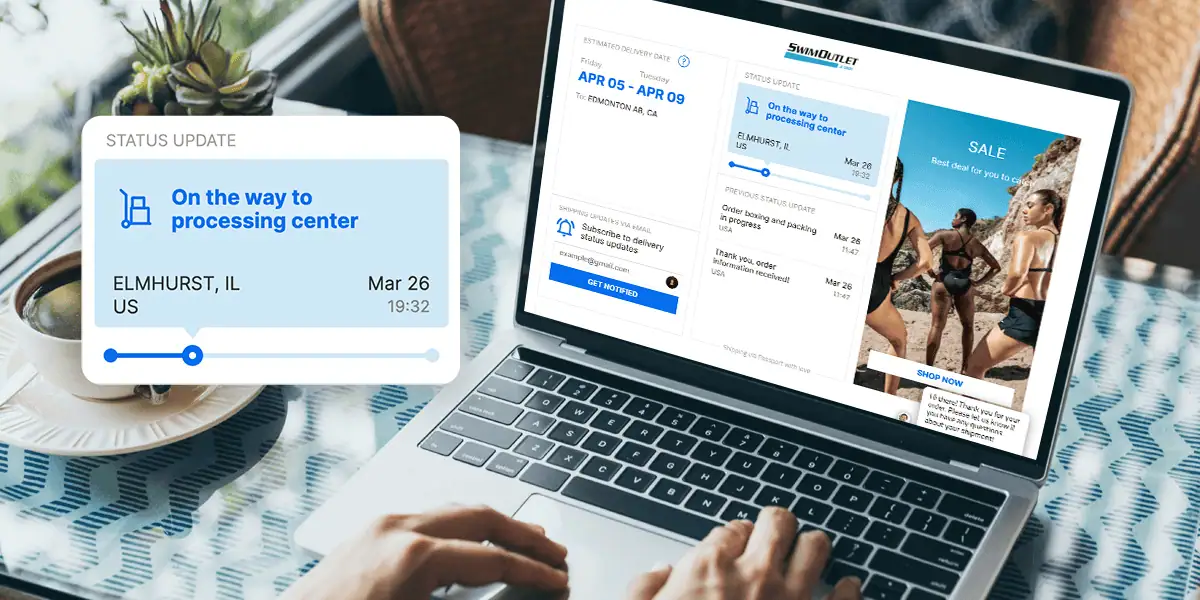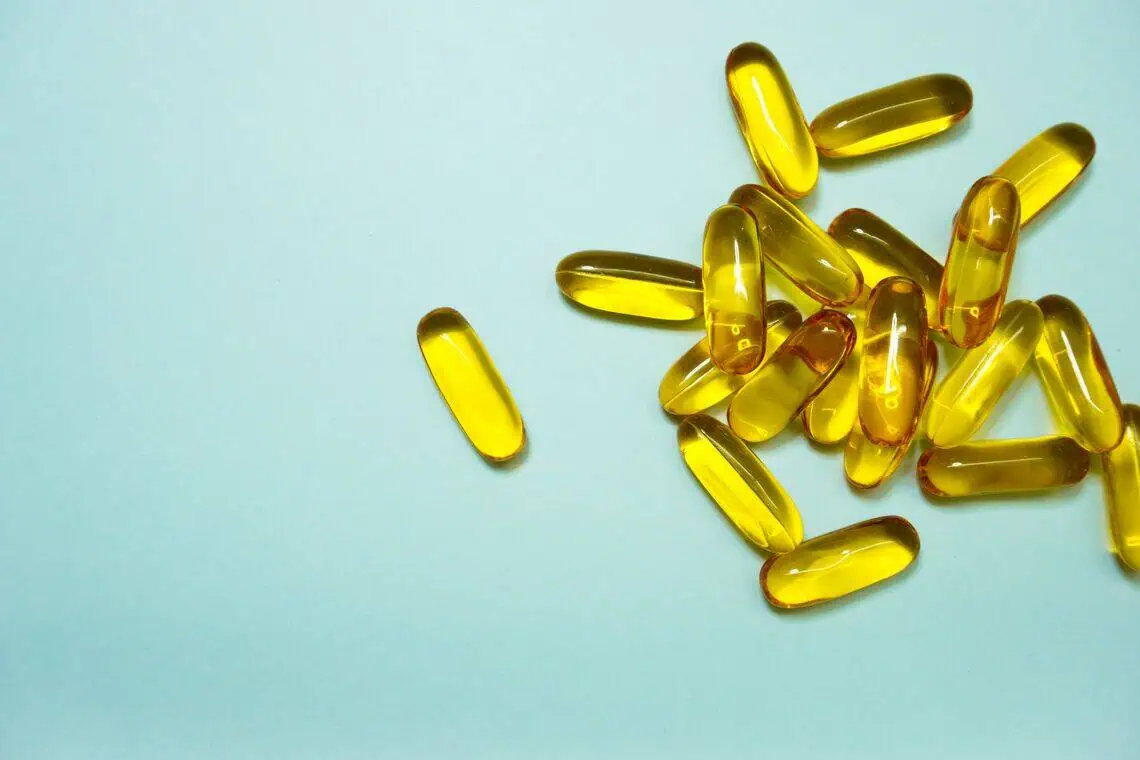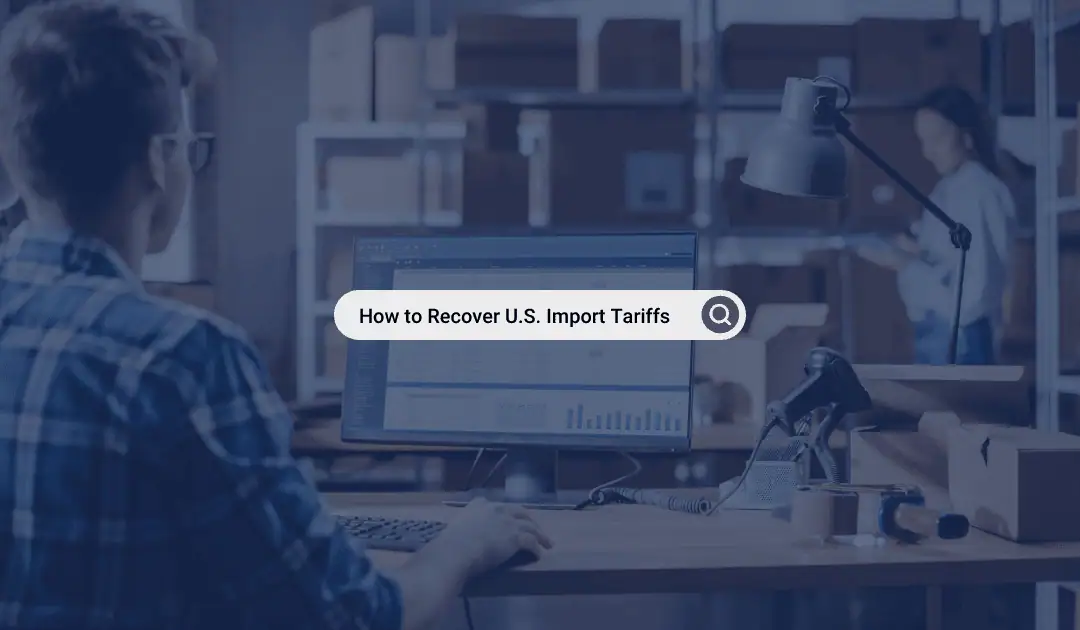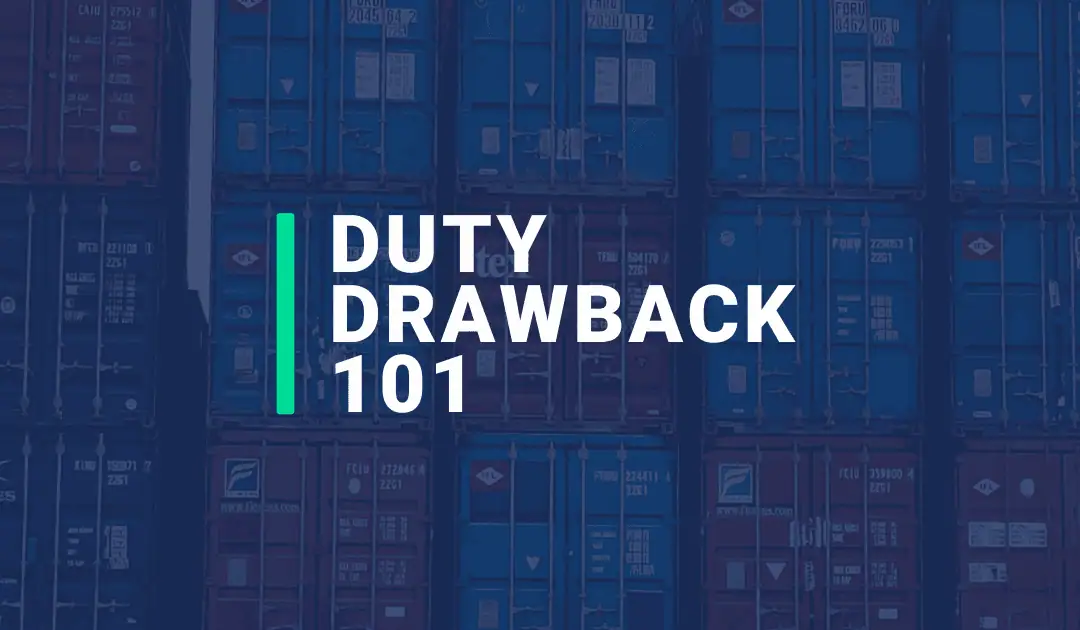Top 10 Things to Know About Shipping Supplements to Canada
For brands looking to ship supplements to Canada, understanding the specifications and best practices is a great first step. At Passport, we know that international shipping can come with a whole host of requirements and regulations, but we’re here to help make that process less complicated.
If you’re looking for guidance on how to ship supplements to Canada, here’s our list of the top 10 things you should know:
1. Health Canada regulates Natural Health Products (NHP) – which means Health Canada is responsible for compliance monitoring and enforcement activities related to health products.
2. Natural Health Products (NHP) are defined as vitamins and minerals, herbal remedies, homeopathic medicines, traditional medicines, probiotics, and other products like amino acids and essential fatty acids.
3. All NHPs must have a product license before they can be sold in Canada. License details include medicinal ingredients, source, dose, potency, non-medicinal ingredients, and recommended uses.
4. Canada has a “personal use importation” clause that exempts most vitamins and supplements from NHP licensing requirements provided that they:- Do not contain ingredients on Health Canada’s prescription drug list
– Are shipped directly to the end-user (the Canadian consumer)
– Are not resold
5. Commercial importations must comply with all licensing, manufacturing, labeling, and packaging regulations, including:
– Marketing authorization in the form of an Establishment License, Site License or Establishment Registration
– Adherence to Good Manufacturing Practices (GMP)
6. Shipments are considered commercial importations if:
– Destined for a retailer, distributor, fulfillment center, or other commercial establishment
– Intended to be sold
– Containing more than a 90-day supply
7. Health Canada assesses products and issues a product license along with an eight-digit Natural Product Number (NPN) or Homeopathic Medicine Number (DIN-HM), which must appear on the label.
8. The time it takes to obtain a license depends on the NHP Class:
– Class 1 NHPs with one NHP Monograph (active ingredient) – 60 days- Class 2 NHP with more than one NHP Monograph – 90 days
-Class 3 NHPs with at least one medicinal ingredient either fall outside of the parameters of or are not listed in any of the NHP Monographs – 210 days
9. It is free to register NHPs, though there are numerous regulatory consultancies that can file for you. Typical charges are around $800USD to file for the maker and another $800 to verify label compliance.
10. Some products have pre-cleared information (PCI), which provides all the details a manufacturer would need to obtain “market authorization” in the form of an NPN and to be in compliance with ingredients and labels. For example, see acne therapy link.
How Can Passport Help?
Great question! Passport’s in-house team of logistics and regulations experts work with brands to ensure they comply with market regulations. To determine which regulations apply, we’ll look at the product formula, the marketing claims, and the labels. This will tell us whether your products are governed by Canada’s Cosmetic Regulations, the Food and Drug Regulations, or the Natural Health Products Regulations — and this assessment is free of charge for brands that ship with Passport!
Be sure to contact us if you’re looking to get started with an assessment. All it takes is some basic information about your product and our experts will review the documents to let you know if your products can ship to Canada without an import license. If licenses, registrations, or market notifications are required, our team can then help you complete these through our trusted regulatory partners.
Shipping supplements to Canada can be a complicated process, but we’re here to make that process as simple and stress-free as possible. Your friends at Passport are here to help—let’s get started!










